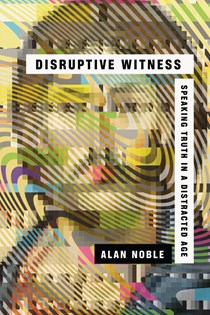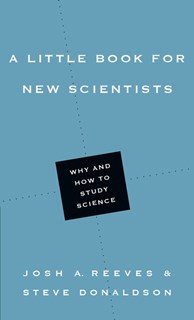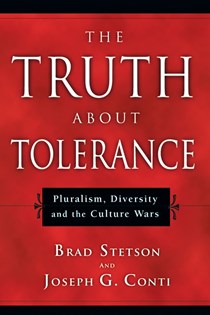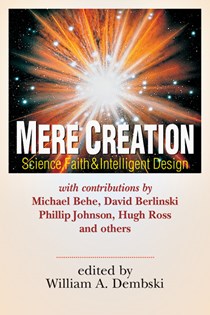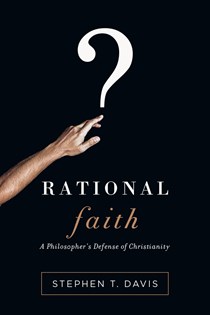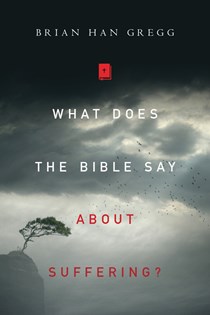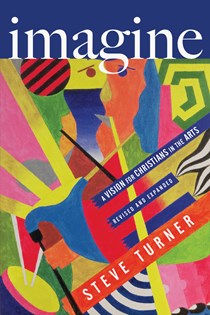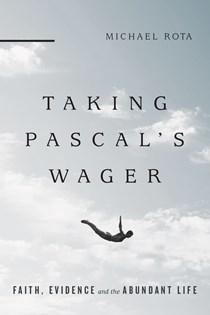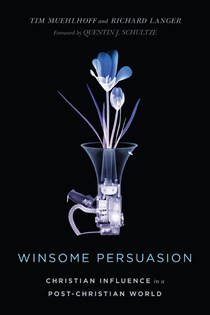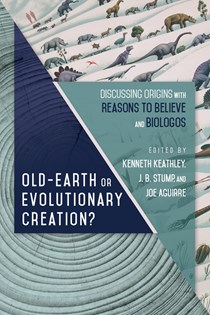Apologetics
-
Disruptive Witness
Speaking Truth in a Distracted Age
by Alan Noble
What should Christian witness look like in our contemporary society? In this timely book, Alan Noble looks at our cultural moment, characterized by technological distraction and the growth of secularism, laying out individual, ecclesial, and cultural practices that disrupt our society's deep-rooted assumptions and point beyond them to the transcendent grace and beauty of Jesus.
-
A Little Book for New Scientists
Why and How to Study Science
Little Books
by Josh A. Reeves and Steve Donaldson
Many young Christians interested in the sciences have felt torn between two options: remaining faithful to Christ or studying science. In this concise introduction, Josh Reeves and Steve Donaldson provide both advice and encouragement for Christians in the sciences to bridge the gap between science and Christian belief and practice.
-
The Truth About Tolerance
Pluralism, Diversity and the Culture Wars
by Brad Stetson and Joseph G. Conti
Brad Stetson and Joseph G. Conti explore the use and misuse of the value of tolerance in academic circles and popular media, demonstrating that Christian conviction about religious truth provides the only secure basis for a tolerant society which promotes truth seeking.
-
Mere Creation
Science, Faith Intelligent Design
Edited by William A. Dembski
In this book a team of expert academics trained in mathematics, engineering, philosophy, physical anthropology, physics, astrophysics, biology and more investigate the prospects for intelligent design. Edited by William Dembski.
-
Rational Faith
A Philosopher's Defense of Christianity
Veritas Books
by Stephen T. Davis
Why believe in God? Renowned philosopher Stephen Davis argues that belief in God is indeed a rational and intellectually sound endeavor. Drawing on a lifetime of rigorous reflection and critical thinking, he appraises objections fairly and openly, offering thoughtful approaches to common intellectual problems. Examine for yourself the rationality of the Christian faith.
-
What Does the Bible Say About Suffering?
by Brian Han Gregg
The quest for an answer to the problem of suffering is universal, and the Bible has not one, but many responses. Exploring twelve themes related to the issue of human suffering, this concise, accessible resource reflects on what we can learn from the diversity of the biblical witness on the topic of suffering.
-
Imagine
A Vision for Christians in the Arts
by Steve Turner
Imagine art that permeates society, challenging conventional thinking and standard morals to their core. What if this art was created by Christians? In this revised and expanded edition of a contemporary classic, Steve Turner shares his bold vision for Christians in the arts. If Jesus is Lord of all of life and creation, then art is part of his cultural mandate.
-
Taking Pascal's Wager
Faith, Evidence and the Abundant Life
by Michael Rota
Blaise Pascal's wager argues that since there is much to gain and relatively little to lose, the wise decision is to seek a relationship with God and live a Christian life. Michael Rota explores the dynamics of doubt, evidence, and decision-making in order to consider what is necessary for people to embrace the Christian faith—and the difference it makes in people's lives.
-
Winsome Persuasion
Christian Influence in a Post-Christian World
by Tim Muehlhoff and Richard Langer
Foreword by Quentin J. SchultzeThe task of bearing faithful witness to Jesus in our post-Christian society is complicated. What should our interactions with the dominant cultural ethos look like? How might we be both persuasive and civil? Integrating communications and theology, this model for cultural engagement offers a compelling vision of public engagement that is both shrewd and gracious.
-
Old-Earth or Evolutionary Creation?
Discussing Origins with Reasons to Believe and BioLogos
BioLogos Books on Science and Christianity
Edited by Kenneth Keathley, J. B. Stump, and Joe Aguirre
Christians confess that God created the heavens and the earth. But just how did he do it, and does the Bible give us a scientifically accurate account? Listen in as representatives from Reasons to Believe (old-earth creation) and BioLogos (evolutionary creation) engage in charitable dialogue on questions of creation and evolution.


